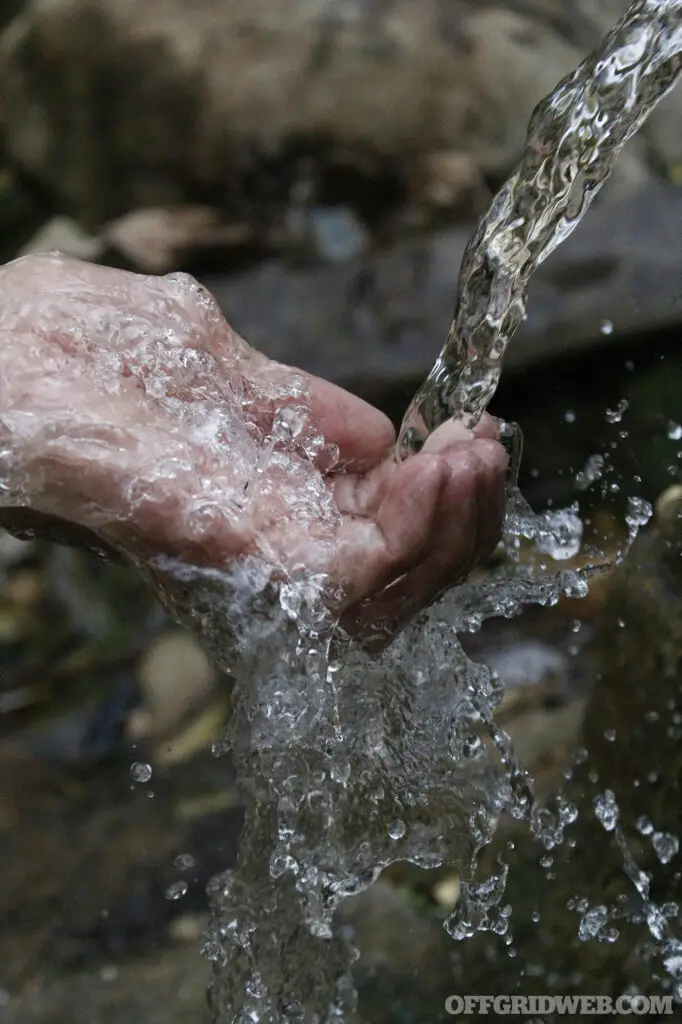
Imagine opening your faucet and being met by a dry silence instead of water. Many people find this scenario far-fetched. However, it is becoming more and more possible. The U.S. Environmental Protection Agency sent a dire warning on March 18th 2024 to all Governors. The message was ominous: Cyberattacks by foreign actors could threaten the safety and stability our nation’s infrastructure for water. In fact, these attacks have already begun, putting millions of people’s safety and wellbeing at risk. Protecting our water is going to be vital in the future.
Understanding Risk
Cyber threats to water and wastewater system are increasing, as sophisticated actors seek out any vulnerabilities. Recent incidents revealed the true nature of this threat, as actors affiliated with Iran’s Islamic Revolutionary Guard Corps (IRGC) and China’s Volt Typhoon state-sponsored cybergroup targeted critical infrastructure in the United States. These attacks were not random and are designed to disrupt services, extract political, economical, or strategic advantages.
The letter focuses on a specific controller type, the Unitronics Programmable Logic Controller (PLC), that was vulnerable to exploitation as of November 2023. PLC’s monitor Turn on and off pumps to fill reservoirs and tanks, and announce alarms for critical operations.
It is of particular concern that water systems are vulnerable to cyberattacks, given their vital role in the public’s health and safety. In addition, the limited resources and technical capabilities of many water utilities make them easy targets for cybercriminals. The EPA has emphasized the urgent necessity for improved cybersecurity practices among municipal water utilities, along with the Cybersecurity and infrastructure Security Agency (CISA).
Safe Water for All
Water is vital for drinking, washing, and cooking. This directly affects our ability maintain good health, and prevent disease. Waterborne pathogens are responsible for severe illnesses and outbreaks. This highlights the importance of protection against all forms of contamination including cyber-induced failures.
Water is an essential asset, not just for individuals but for communities and countries. A reliable supply of water is essential to many industries, from energy production to agriculture. Cyberattacks that disrupt water services can cause cascading effects, including halting production, affecting the food supply and causing significant economic losses.
The Centers for Disease Control and Prevention (CDC) suggests several ways you can prepare yourself in case of a disruption to municipal water supply.
- Make water safe. There are steps that a citizen can take to ensure the water is safe for consumption or use, even if it comes from a municipal source. You can do this by boiling, disinfecting or filtering the water. You can also print and save the CDC’s handy reference sheets Make Water Safe During An Emergency and Use Safe water During An Emergency in case internet access is not available. The CDC also provides two handy reference sheets, Make Water Safe during an Emergency and Use Safe Water During an Emergency. You can print them out to keep in case internet access is unavailable.
- Make and store a water supply for emergencies. The CDC recommends that you keep a large supply of commercially produced bottled drinking water to ensure your water is safe. Quantity is recommended at one gallon per person per day for three days. You will need more water if someone in the family is sick or pregnant, or you live in an area with a high temperature. You can also store up to two weeks’ worth of water, 11 days more than the minimum.
- Look for other sources of drinking water. You can get water in other ways, if you’re unprepared. These include:
-
- The water heater tank reservoir.
- Melted ice cubes
- Toilet tank (not bowl)
- Liquids from canned fruit and vegetables
- Pools and spas are for hygiene, not consumption.
- Decontaminate all natural sources, including rainwater, streams and lakes.).
The conclusion of the article is:
Water systems are vital to the health and safety of Americans. They also affect national security. We must be vigilant and proactive as we navigate through the complexities of digital age to protect these vital resources from cyber-threats. We must be prepared to go without if our protection measures fail.
Read more
Recoil Offgrid Subscribe Free Newsletter More content like this is available.
- Water Purification: Minimum Heating Time and Other Methods
- Water Purification: Common contaminants and methods to eliminate them
- Bamboo Water Fountain: Reader’s Survival Tips
- RECOILtv: Wavian Water & Fuel Storage Containers
- CANA Provisions AR-1 Portable Water Pump: Overlanding Survival and Overlanding.
Cybersecurity and Water Safety: Cybersecurity Threatens Our Water Safety was first published on RECOIL Offgrid.

